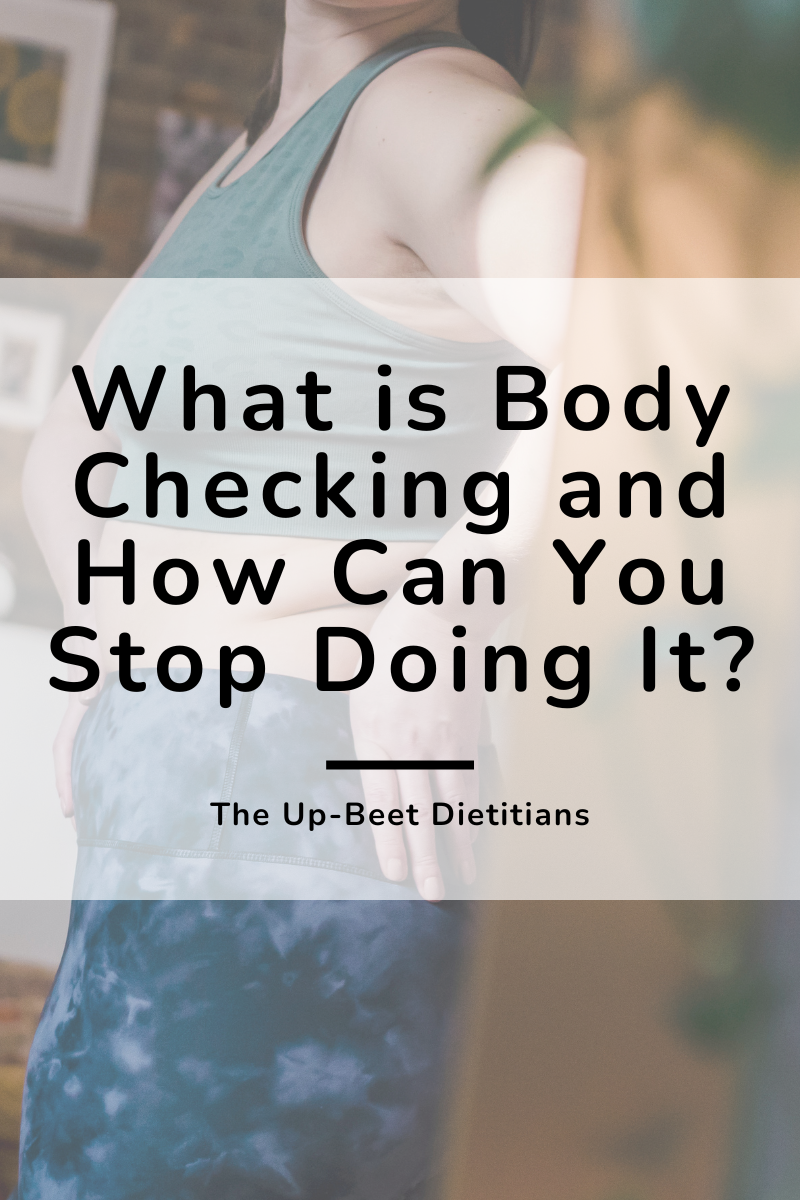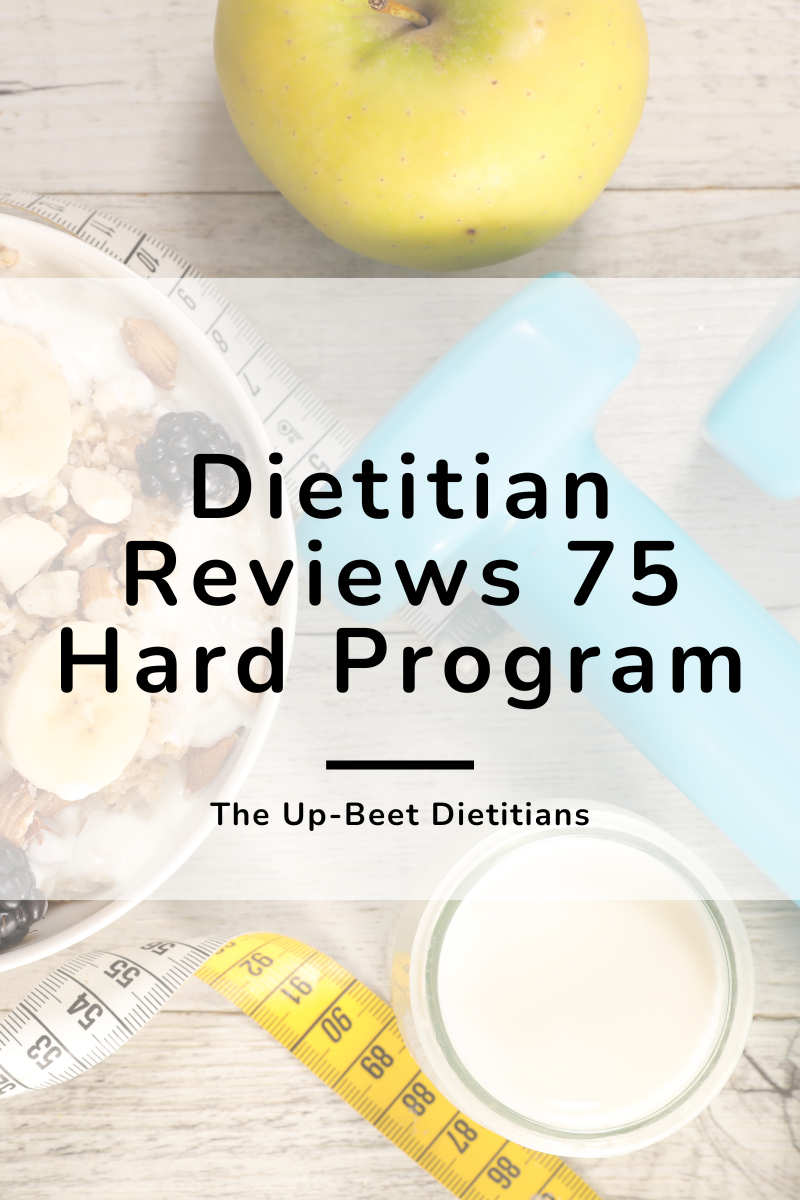Registered Dietitian vs. Nutritionist - What’s the Difference?
This post was written by Jessica Manginelli, dietetic intern and reviewed by Hannah Thompson, RDN, LD, CPT and Emily Krause, MS, RDN, LD
Nutritionist, dietitian, health coach, RD, dietetic intern, nutrition expert… There are many titles in the field of nutrition. While these titles are often related, there are some differences between them.
What is a Nutritionist?
First off, what is the process to become a nutritionist? Here it is:______ .
Yep, there are no requirements. Anyone can call themselves a nutritionist as the term is not protected under law. Some people will take an unregulated 5 hour “nutrition course” online and call themselves a nutrition expert.
Nutritionists do not have the credentials to give nutrition advice to individuals and you can’t be sure that what they are telling you is evidence based and not something they read online. (P.S. Your medical doctor also takes very few nutrition courses in their schooling so even THEY may not have all the right answers when it comes to food. But that’s a discussion for another day…)
So if nutritionists are not the people to go to for nutrition advice, who is? And how do I know that they know what they are talking about?
Registered Dietitians (RDs) are the true nutrition experts and the only individuals you should look to when it comes to individualized nutrition guidance. RDs undergo extensive education and training in order to earn the title of nutrition expert.
How to Become a Registered Dietitian
In order to become an RD an individual will first have to complete a bachelor's degree in nutrition from an accredited college that offers a DPD certification which requires specific courses in biology, chemistry, biochemistry, food science, medical nutrition therapy, food service… and the list goes on.
After they graduate with their DPD, they apply for a dietetic internship. This is a residency type program, often through a university. Most dietetic internships last 8-12 months and require 1,200+ hours gaining hands-on experience practicing medical nutrition therapy in a hospital setting, learning about food service management, working in the community practicing counseling, and teaching nutrition classes. Also, the internships are quite competitive with only a 60% acceptance rate nationwide!
After they finally finish the internship it is required to sit for a nationally regulated exam* and then complete continued education in order to maintain status as a registered dietitian. RDs are also required to comply with a code of ethics during their practice.
*Note: There will be an additional requirement of a master’s degree in order to sit for the RD exam starting January 1st, 2024.
On top of that, many states require an RD to be licensed in their state. There are also additional specialties that RDs can concentrate on such as sports, diabetes, eating disorders, etc. This would require 2,000 hours of work in that specific field, additional education, and an additional board exam. So when we say that your dietitians know a lot about nutrition, we really mean it!
Bottom Line
Where you get your nutrition information is important, no matter what your nutrition goals are. So next time you see the letters “RD” behind someone's name, know that it took at least 5-7 years to get there and they are dedicated to providing you with correct and individualized nutrition information.
Want to learn more about the differences between a dietitian and a nutritionist? Listen to our podcast episode on this topic!





